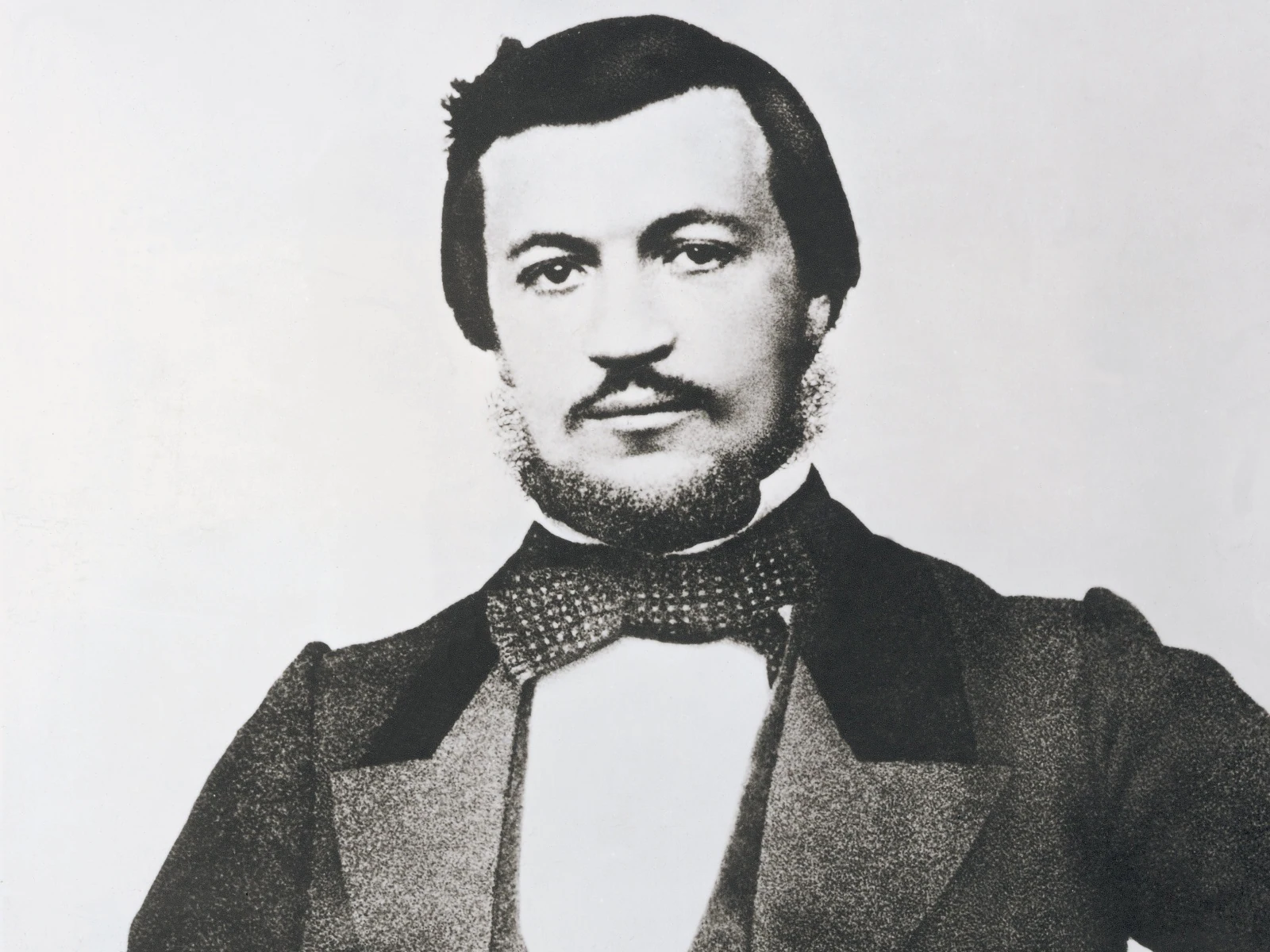Nicolaus August Otto
| Nikolaus August Otto | |
|---|---|

Dr Nicholas August Otto circa 1868
|
|
| Born |
14 June 1832 Holzhausen an der Haide |
| Died | 26 January 1891 (aged 58) Cologne |
| Nationality | German |
| Occupation | Engineer |
| Known for | internal-combustion engine |
Nikolaus August Otto (14 June 1832, Holzhausen an der Haide, Nassau – 26 January 1891, Cologne) was the German engineer who successfully developed the compressed charge internal combustion engine which ran on petroleum gas and led to the modern internal combustion engine. The VDI (Association of German Engineers) created DIN standard 1940 which says "Otto Engine: internal combustion engine in which the compressed fuel-air mixture is initiated by a timed spark ignition" which has been applied to all engines of this type since.
Nikolaus (or Nicholas) August Otto was born on 14 June 1832 in Holzhausen an der Haide, Germany. He was the youngest of six children. His father died in 1832. He began school in 1838. After six years of good performance he moved to the high school in Langenschwalbach until 1848. He did not complete his studies but was cited for good performance.
His main interest in school had been in science and technology but nevertheless he graduated after three years as a business apprentice in a small merchandise company. After completing his apprenticeship he moved to Frankfurt where he worked for Philipp Jakob Lindheimer as a salesman of "colonial goods" and agricultural products (he was a grocery salesman). Otto worked for various companies. First was IC Alpeter and then in 1860 for Carl Mertens. He traveled throughout Western Germany and sold colonial goods - coffee, tea, rice, and sugar.
In late autumn of 1860 Otto and his brother learned of a novel gas (illuminating gas) engine that Jean Joseph Etienne Lenoir had built in Paris. The brothers built a copy of the Lenoir engine and applied for a patent in Jan 1861 for a liquid fueled engine based on the Lenoir (Gas) engine with the Prussian Ministry of Commerce but it was rejected.
Otto was aware of the concept of compressed fuel charge and tried to make an engine using this principle in 1861. It ran just a few minutes before breaking. Otto's brother gave up on the concept resulting in Otto looking for help elsewhere.
From 1862 to 1863 Otto experimented with the help of Cologne Mechanic Michael J. Zons in an effort to improve the engine. Running low on funds in 1862 Otto worked for Carl Mertens in order to continue work on his engine.
...
Wikipedia
